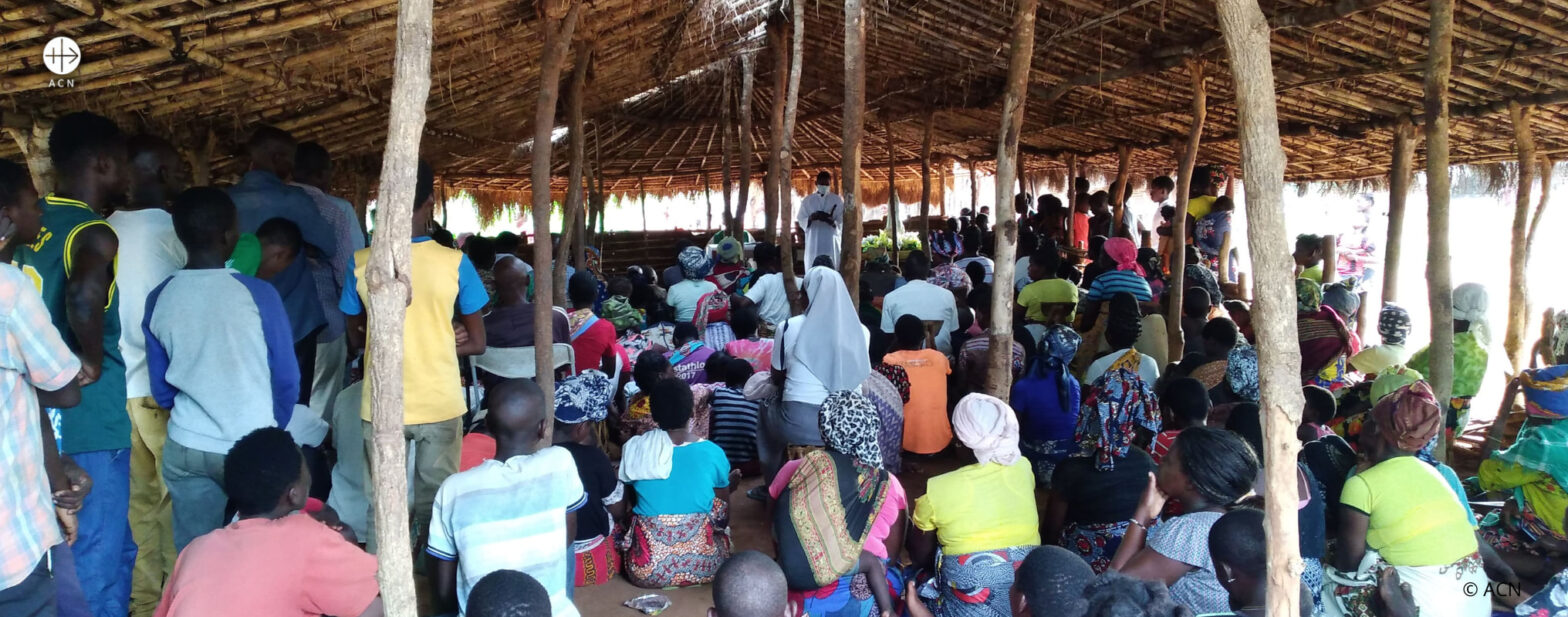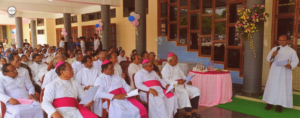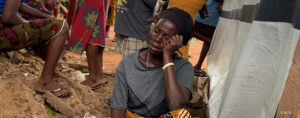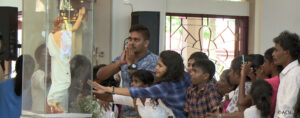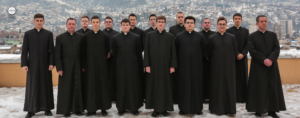The Catholic Church has been playing a discrete but important role around dialogue that could effectively end the plague of terrorist violence in northern Mozambique. Father Eduardo Roca, a project partner of Aid to the Church in Need (ACN), founded the Interreligious Centre for Peace, in the Diocese of Pemba, in 2017—the same year terrorist attacks began in Cabo Delgado.
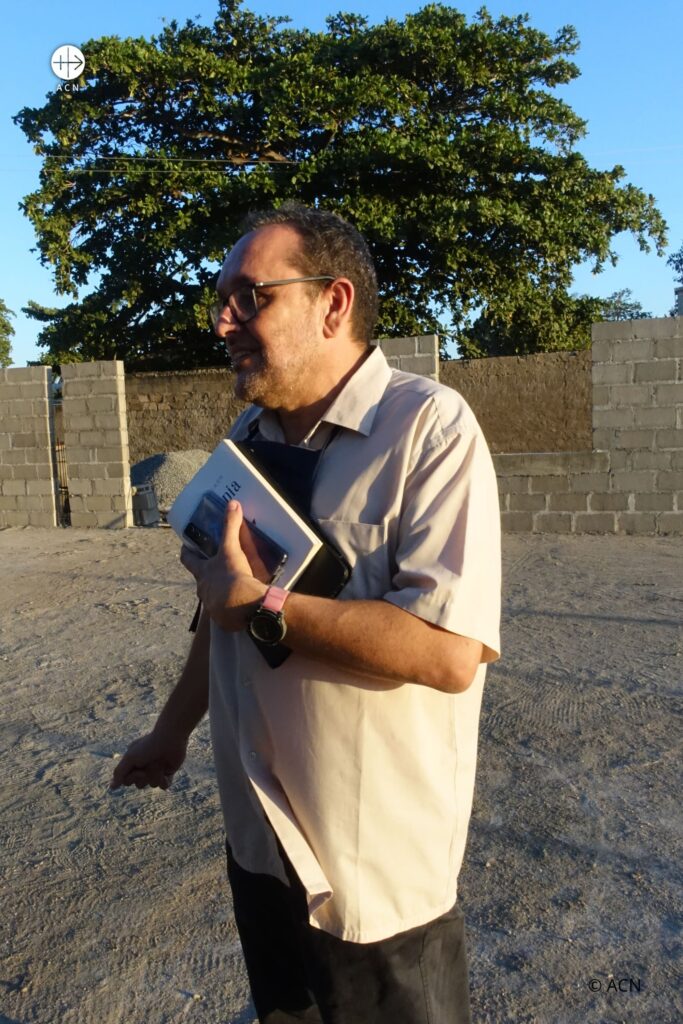
“The Catholic Church is not only concerned; it is engaged and seriously committed to doing whatever it can for the peace negotiations,” says the priest who has been in Mahate, in the Diocese of Pemba, since 2012. This commitment exists “at the religious level, but also at the academic level and among the local communities.”
The priest’s words come at a time when new attempts are being made to establish dialogue to put an end to armed violence. The Church is in a privileged position to aid in this dialogue, due to its presence on the ground and contact with even the smallest and most distant communities. “We are encouraging parish priests to create interreligious groups, and we are providing training in all the northern districts to promote interreligious dialogue and create bridges for people to meet and talk to each other in safety,” Father Roca explains.
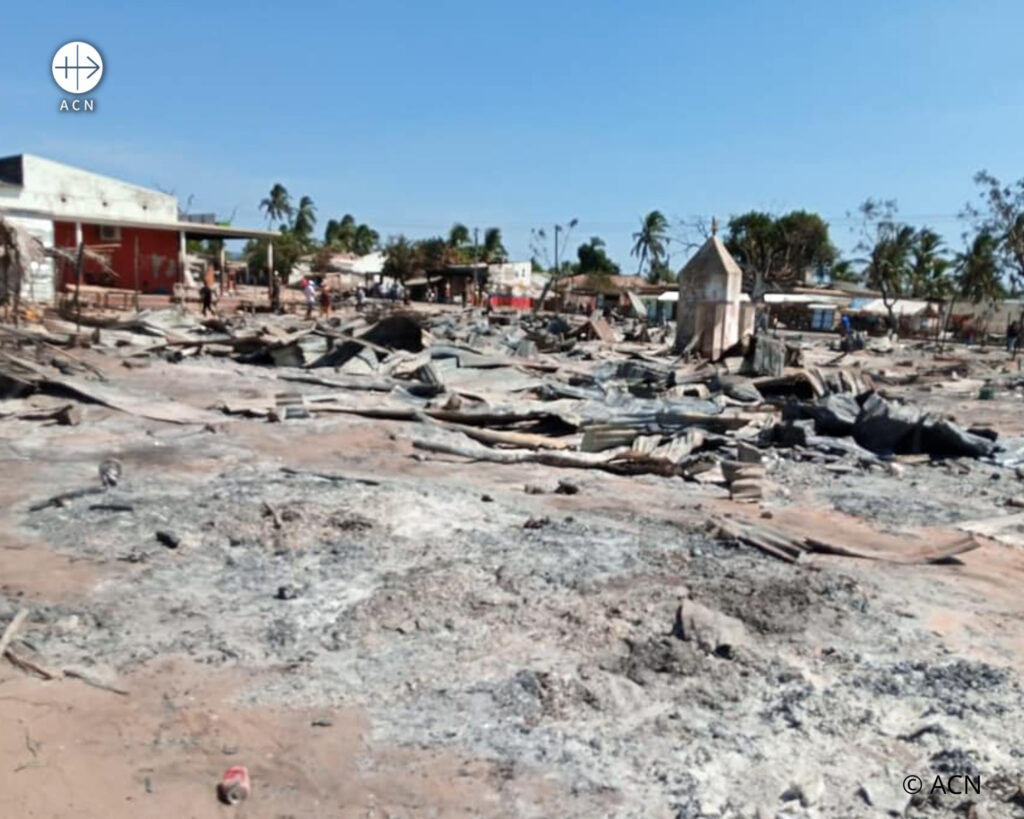
Deradicalizing mindsets
Several events are already planned for the coming months. “In the second half of July, and then in August and September, we will be having meetings in Palma, Mocímboa da Praia and Macomia with some 50 leaders of Muslim and Christian organizations, to study and promote the Document on Human Fraternity for World Peace and Living Together, signed by Pope Francis and the Grand Imam of Al-Azhar, in Abu Dhabi,” says the parish priest.
Mahate is, in many ways, ground zero for this effort. The impoverished slum, which stretches alongside a dusty road, is the centre of Islam in the city of Pemba and saw the creation of the movement which led to the Islamist insurgency which has already turned nearly all of Cabo Delgado into a war zone. Few people know this place as well as Father Roca, who tells ACN about the need to “work with the local communities, to help deradicalize mindsets,” adding that “there is a mindset which has spread among the local leaders, and which introduced these violent ideas that have been linked to Islam. We are working to try and counter this.”
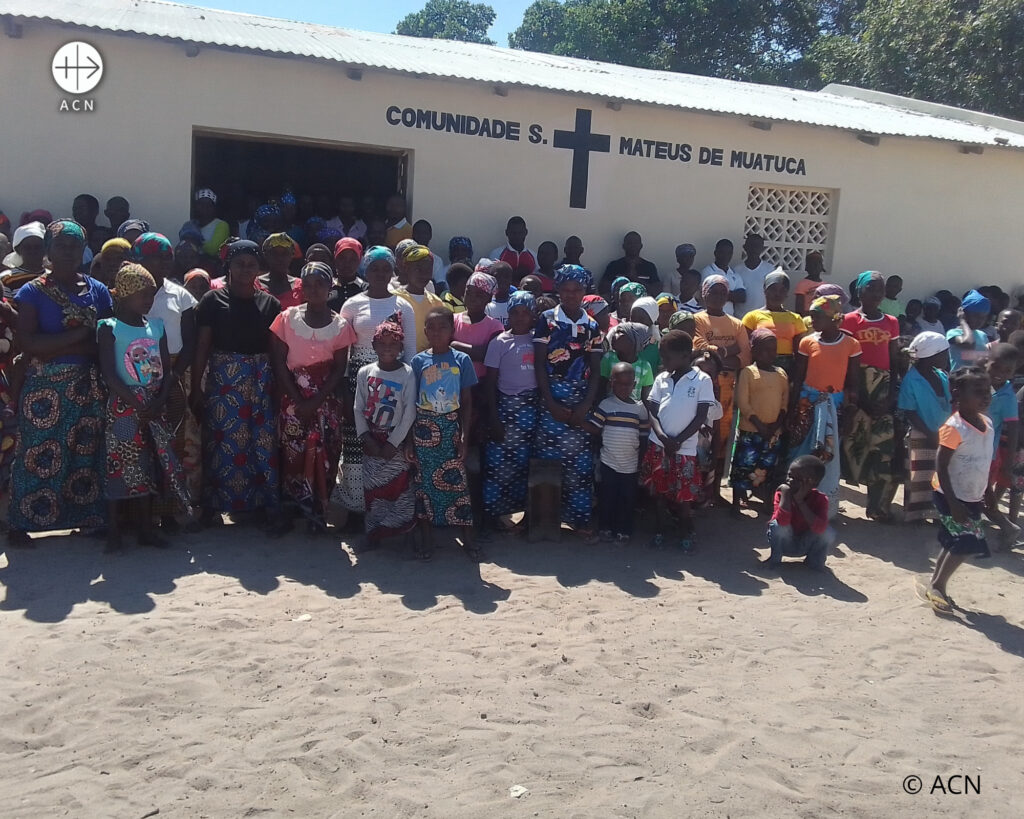
“God … never supports violence.”
The Church’s involvement in a peace process for Cabo Delgado was heralded by a pastoral note issued by the bishops of Mozambique in November last year, which highlighted the need for dialogue, rather than armed force, to end terrorism in the country. “We should all join forces to find solutions for this disgrace, rather than trust only in military force. We would like to remind all those involved in this war of the words of Pope Francis [during his meeting with the members of the Muslim Council of Elders]: ‘the God of peace never brings about war, never incites hatred, never supports violence. We, who believe in Him, are called to promote peace with tools of peace, such as encounter, patient negotiations, and dialogue, which is the oxygen of peaceful coexistence.’”
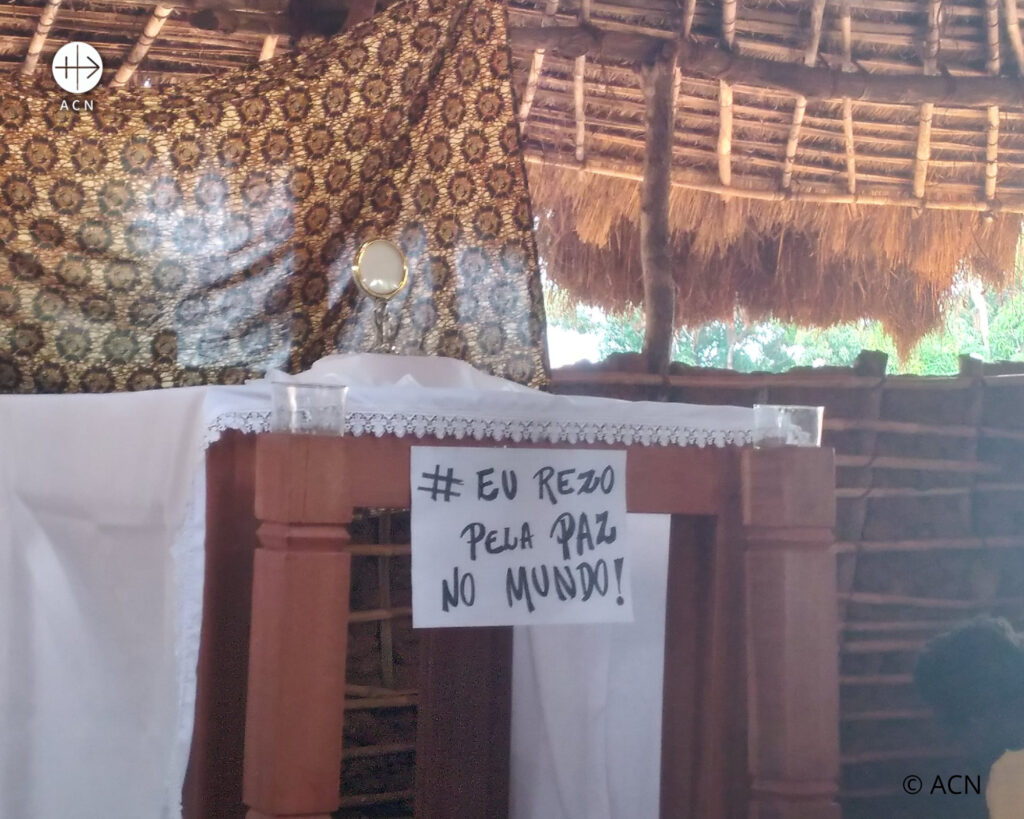
The insurgency that has spread fear and death in Mozambique, especially in the provinces of Cabo Delgado, Niassa, and Nampula, began in October 2017 and has killed more than 4,000 people, as well as causing around one million internally displaced persons (IDPs).
Aid to the Church in Need has helped the Church in Mozambique, primarily through pastoral assistance and psychological and social projects, but also through assistance in acquiring material to build community centres and vehicles for missionaries working with IDPs. ACN will also grant a scholarship to a local priest, to prepare him as an advisor of the Church on issues related to Islam and interreligious dialogue.

